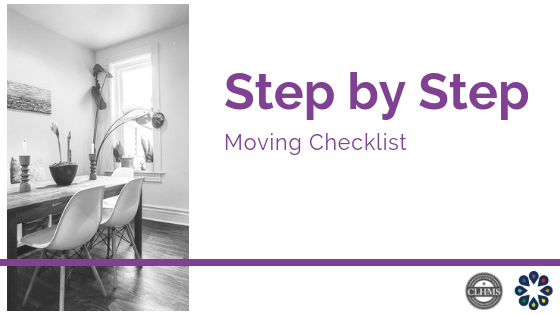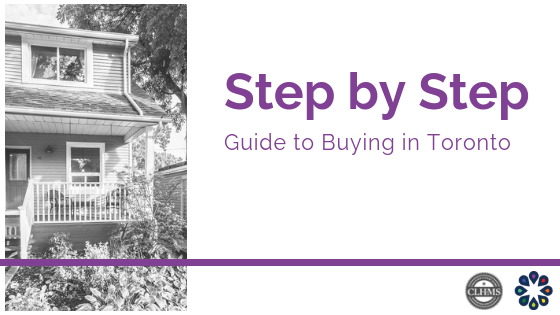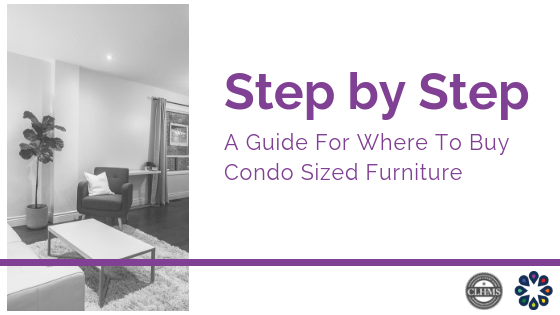So here you are. You’ve retrofitted your rental unit, and even attracted a top-paying tenant… Way to go! Finally the time has come where you can sit back, relax, and start collecting a rent cheque every month, right? WRONG! The truth of the matter is, the real work of being a landlord has yet to come, but luckily there are a few things you can keep in mind to make your experience as a new landlord as enjoyable and pain-free as possible, while at the same time keeping your rental property occupied with cooperative tenants.
1) Hedge your bets when it comes to smoking and pets! – I strongly recommend prohibiting smoking within the rental unit. Not only does it smell and increase work and cleaning costs during unit turnovers, but it’s also a hazard that could significantly increase your insurance costs. Restricting the number and size of pets permitted by tenants can also assist in limiting damage to the unit, as well as possible noise issues that may arise from overly vocal pets. I once had a tenant that had so many small critters in tanks and cages that I had to begin charging for additional electrical consumption.

2) Be super-responsive! – Good customer service means listening to the concerns or questions your tenants have, and getting back to them right away… even if your response is ‘No’. Let them know that you are available for ‘emergencies’ on an on-call basis, but be sure to clarify what, exactly, constitutes an emergency. Break-ins, flooding, fire? Emergency! Call me immediately. Locked yourself out of the unit in a drunken stooper at 4am? Not so much. (Pro tip: Keep a lockbox at the property with a spare key to your tenant’s unit. If you ever get those ‘I locked myself out’ calls, provide your tenant with the code for easy entry, then change the lockbox code the next time you are at the property for future security. Having a lockbox present also frees up your time when it comes to giving access to contractors and other trades who may be working on the unit.
3) Document EVERYTHING! From the completed rental application, to the surrender of keys upon move-out and everything in between. Nobody’s saying you need to hire a full time office coordinator to take care of this. With today’s technology, this can be done very easily and quickly for the landlord on the run. Receive an inquiry from a tenant while you’re on the road or dealing with other business? Use your smartphone to send yourself a quick email noting the call details. Not only will you have a written record of the call, but also a reminder in your inbox for what needs to be done as follow-up.
4) Rule with an iron fist! – Believe it or not, good tenants know that strict rules keep their home life and living situation orderly and comfortable. No favoritism allowed, though. What goes for one tenant, goes for all tenants. Consistency is also key when it comes to conflict resolution. What will your policy be for late rental payments and changes to lease conditions? Have a plan in place and stick to it!
5) Schedule regular inspections! – To minimize the chances of catching major damage or issues upon a tenant vacating a rental unit, it is strongly recommended that you complete a full inspection 2-4 times a year, usually one for each season. This is something that should be built right into your rental agreement so there are no surprises, and if at all possible, the inspections should be done when your tenants are present. If you plan on only completing 2 inspections per year, it's best to do so with the onset of the spring and winter weather, as you'll want to be prepared for any issues with the property as a result of increased precipitation and colder weather. So when you're completing your inspection, what kinds of things are you looking for? Roofs, windows and basements should all be areas high on your radar. In addition, look for yellow stains on ceilings and floors, as this is a tell-tale sign of water damage that might be easily remedied early on, potentially saving you thousands of dollars. Also be sure to check for doors that stick or loose hinges and handles. If you don't deal with these tiny issues right away, they can quickly snowball to the point where you may be replacing the whole door. Completing regular inspections is a great way of showing your tenants that you are present, aware of the property's condition, and prepared to take steps with them to ensure the property is kept comfortable, safe and well-maintained. Catching illegal activity such as grow-ops is also less likely to occur with regular inspections. If you do happen to see anything suspicious going on, you can deal with it right away by repremanding tenants, implementing corrective strategies, or even getting the appropriate authorities involved (but that's a whole other topic!).
6) Foster good relationships with your tenants, your neighbours, and the community! – This is a relatively simple philosophy. Reward your tenants for good behaviour, and you will be less likely to have problems in the future. For example, if one particular tenant likes to take charge of property maintenance like grass cutting and snow removal, put him in charge of it regularly, and reward him by not increasing his rent. This also rings true for any of your all-star tenants. If they go out of their way to make improvements to your property, consider keeping their rents fixed, as an incentive for them to stay in the property longer. Be sure to develop good relationships with the neighbours too. All neighbours should know who the landlord is, and how to get in touch with you if there's ever any issues. This works well two-fold: By developing good relationships with neighbours you can not only quickly dampen any 'fires' that might errupt between your tenants and the community, but you will also gain an ally when it comes to supervising the property and added security. Reward good neighbours just as you would your tenants. Drop off small gifts of appreciation during the holidays, or just pick up the phone and call them every once in a while to let them know you appreciate the open relationship and their continous feedback.
8) Automate rental payments- Of course, when you sign any rental agreement with a new tenant, you will likely request post dated cheques for every month of the duration of the lease. With today's technology, there are other options that you can provide your tenants that will work to save them (and YOU) precious time. Let your tenants know that while rent will always be due on the first of the month, payments made ahead of time based on their financial ability, will always be graciously accepted via email money transfer. This way, tenants don't need to worry about 'when the landlord cashes the rent cheque', and landlords don't need to go through the trouble of making a physical trip to the bank. If you've rented in the past, you probably know what it's like: Constantly having to track what you are spending to ensure that there's still money in the bank for when the rent cheque finally clears. Save time and headaches for everyone, by using technology to your advantage.
Mastering your ability to communicate effectively with your tenants will help you find a balance between being a full time landlord, and enjoying your day-to-day life. If all of this seems a little overwhelming for you, don’t worry. There are professionals out there who can help. Working with a property management firm to oversee your rental units can make a world of difference for landlords that just don’t have time for all the little details. With an extensive background in renovations, property management, and real estate, I’ve got the answers to your questions, and would he glad to put together an action plan that best suits your needs as a real estate investor, landlord, or homeowner.
Do you have any other tips or tricks for my readers to help them effectively manage their rental properties? If so, don’t hesitate to share them by commenting below. Your feedback and contributions are always welcomed and appreciated!
– Trish


